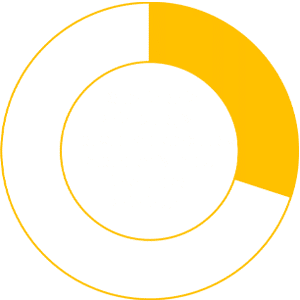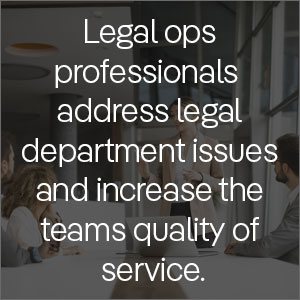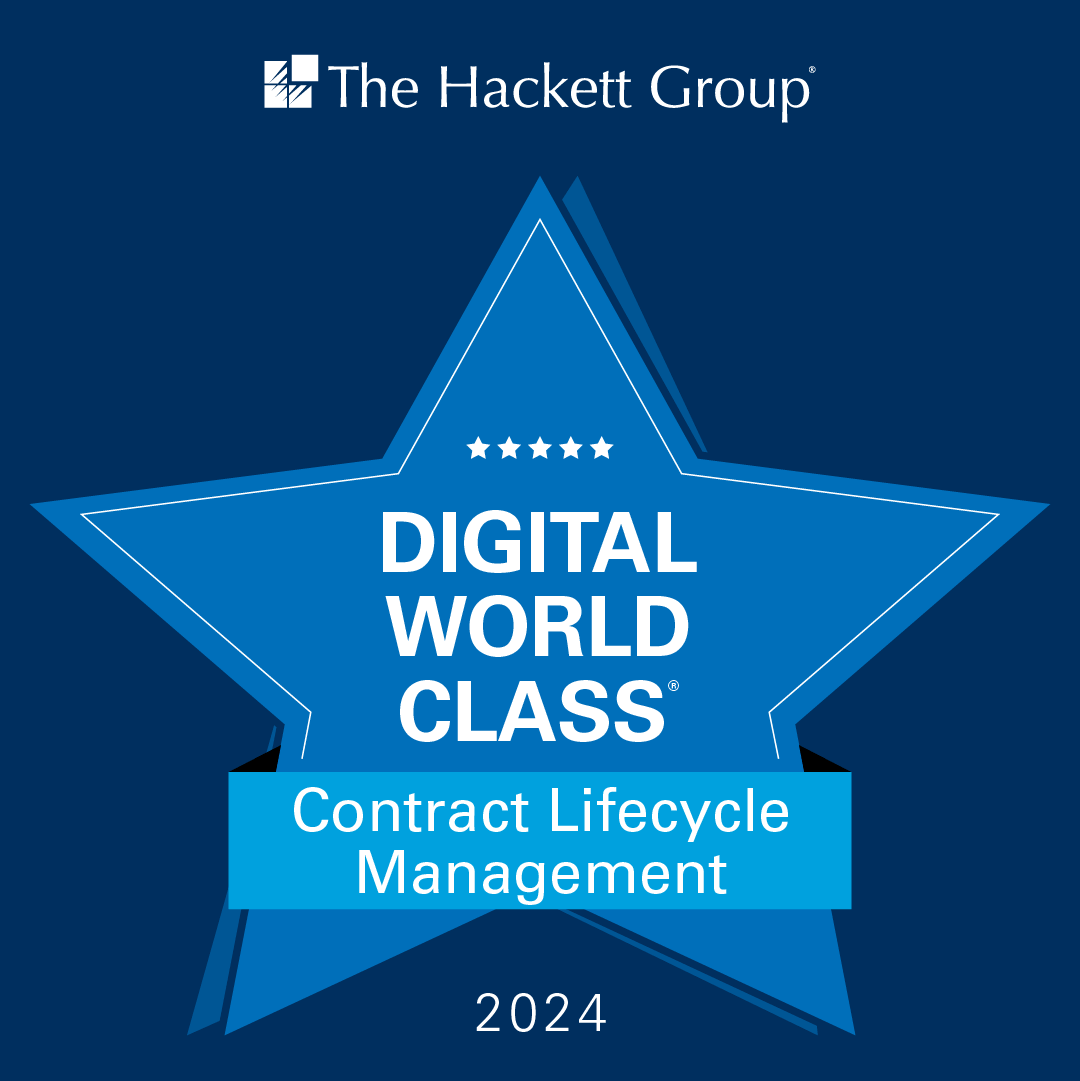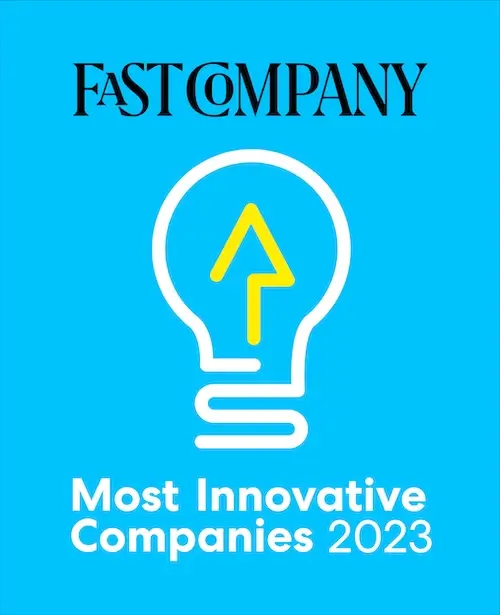As ContractPodAi’s general counsel (GC) and chief evangelist, I’m well aware of the demands on legal executives’ time and attention — and they’re always increasing!
GCs, like chief legal officers (CLO) and heads of legal, constantly run against an ever-ticking clock. They’re involved in everything from data protection planning to risk management and mitigation, diversity initiatives, and corporate compliance. These many aspects of the GC role aren’t decreasing either. In my current role, I’m also a key strategic advisor to our CEO. It’s my responsibility to deliver accurate and actionable legal advice — in the most efficient manner. (Thankfully, ContractPodAi Cloud can help me with that!)
With the numerous demands on GCs’ time — and an ever-expanding array of duties — it’s no wonder that law departments worldwide have increased their legal operations functions.
Incredibly, we have seen the stratospheric growth of legal operations as a field. Gartner found that on average, 63 percent of in-house legal work is routine and can be standardized. It also acknowledged that departments without legal operations capabilities spend 30 percent more than those with legal operations capabilities. That is because the latter is able to standardize legal work.
Okay, There’s Growth There, But What Can Legal Operations Professionals Really Do?
Legal operations — and the professionals in the legal operations space — come into organizations to help the law department and GC achieve several goals:
- Better cost controls and the financial performance of the legal team
- Improve satisfaction among legal and business professionals in the organization
- Increase alignment with the company’s strategic priorities
- Speed up the delivery of legal services
- Implement, organize, and educate on technological tools for the legal department — and the company as a whole
Because of these goals, GCs typically look for legal operations leaders and managers who have certain backgrounds and experience.
First, some GCs look for legal operations professionals with a legal background, as they’re often familiar with legal terminology, ethical obligations, client requirements, and the professional pressures faced by lawyers. Others prefer legal operations professionals with a financial background, with the goal of focusing on budgeting, financial reporting, and cost controls. A third focus area for GCs is technical expertise: they may seek legal operations professionals who are experienced in technical project management, systems implementation, troubleshooting, and the evaluation of technology solutions.
While these are three key areas that GCs typically focus on, there are other important proficiencies that a legal operations manager should have. In my experience, I tend to seek those with complementary technological skills and financial management experience. Think great teamwork, project and change management, problem-solving, communication, and business acumen, as well the ability to advocate for the department.
Those Are Great Skills to Have, But What Makes Legal Operations Successful?
Of course, as GC, you are aware that every change comes with both rewards and risks. As a GC, then, you should commit to a cost-benefit analysis before you implement any new role and function. Especially one that will change how you operate your department. What is the goal you are trying to achieve by implementing a legal operations function? What is the legal operations manager’s focus? Is the company prepared for a new role in the legal department that isn’t a lawyer?
In my experience, I found that adding legal operations professionals provided me with several key benefits. As the senior legal executive, I was allowed to spend more time guiding the legal department and my team of lawyers in our activities, and providing strategic advice to our other executives and senior leadership. The attorneys and allied professionals were then able to better drive the law department’s priorities, support other areas of the business, and focus more on day-to-day tasks.
Legal operations professionals, meanwhile, were able to bring their experience — whether financial, technical, or managerial — to address legal department issues and increase the entire team’s quality of service. Surprisingly enough, we also saw that there was an increase in job satisfaction amongst the team. People were able to work on items for which they were best suited: legal, technical, management, strategic, and otherwise!
There are risks, though. As the chief legal officer of your company, you will need to be responsible for those as well. After all, you are hiring professionals who have their own costs, as they require benefits, salaries, and perquisites (And you may have a limit to your headcount!). Training may be more necessary for legal professionals to grow in other aspects of their career, like management and business — those that they might have been forced to learn otherwise. Poorly implementing the legal operations role, then, can lead to negative outcomes and diminished success.
Wait, Isn’t ContractPodAi a Legal Technology Company?
One thing we’ve seen at ContractPodAi is that having a legal operations professional on staff benefits GCs and legal teams.
Generally, legal operations professionals are involved in the selection of a legal technology solution. After adopting and implementing a legal management platform like ContractPodAi Cloud, they can help simplify and speed up the digital transformation process, and improve overall usage. They can address process improvement, selecting solutions, integrating tools, and managing technology, not to mention handling many other areas of law department operations. Check out our e-book, ‘Three Stages of Legal Digital Transformation’ for more help on starting your journey.
If you found this introduction to the legal operations role helpful, look out for future blog posts. We will discuss some core competencies of legal operations professionals. We will also explain the goals for legal operations professionals and suggest additional ways to improve law department functions, through collaboration between GCs and legal operations.
Author:

Jerry Levine
Connect with us on Linkedin











